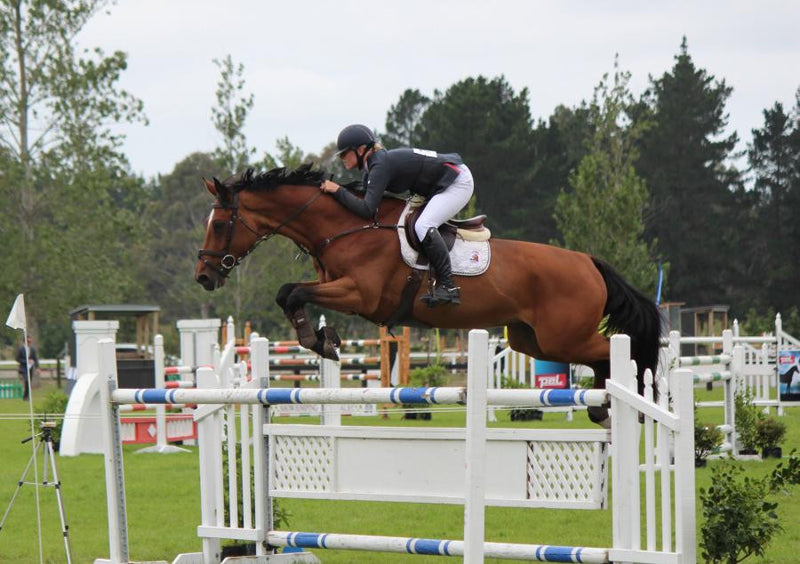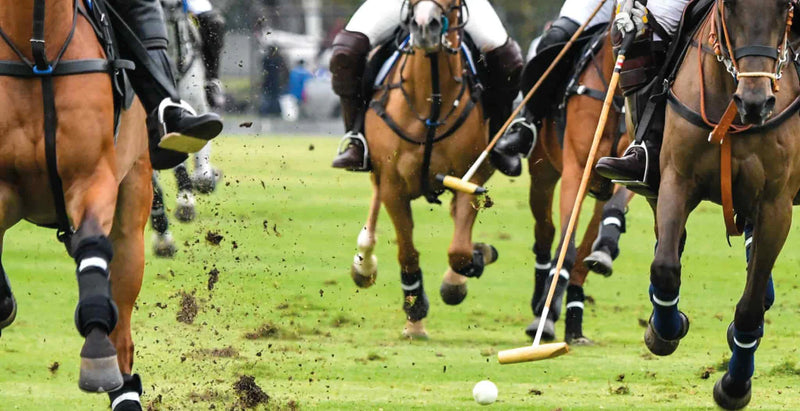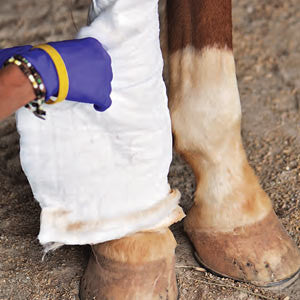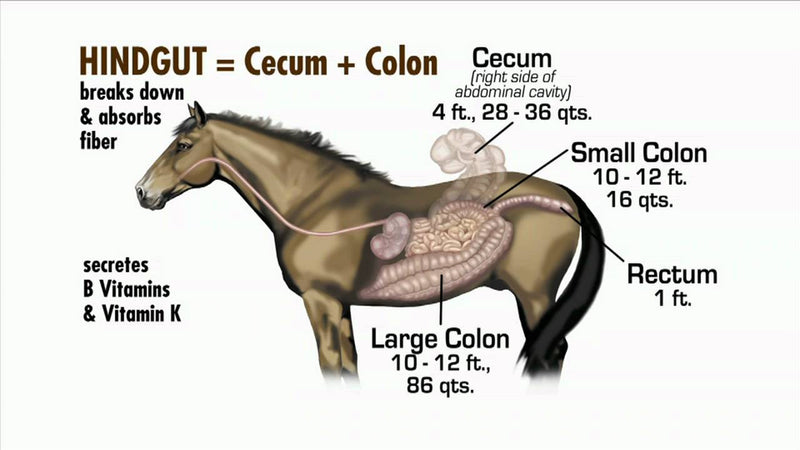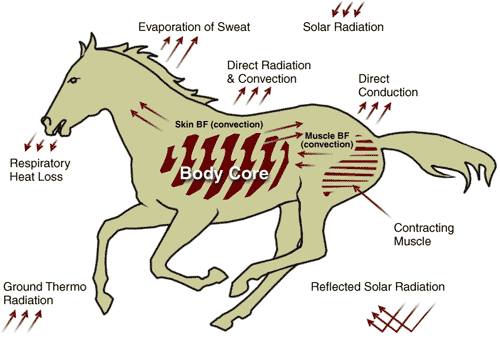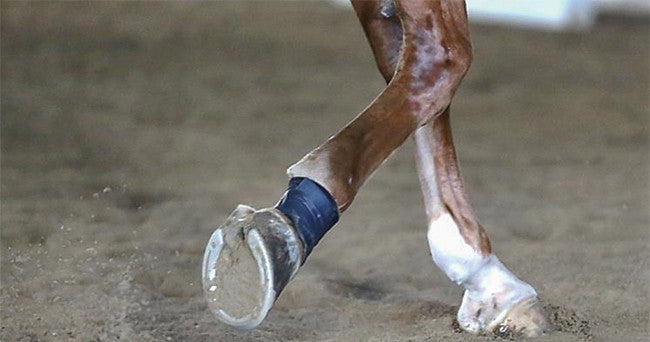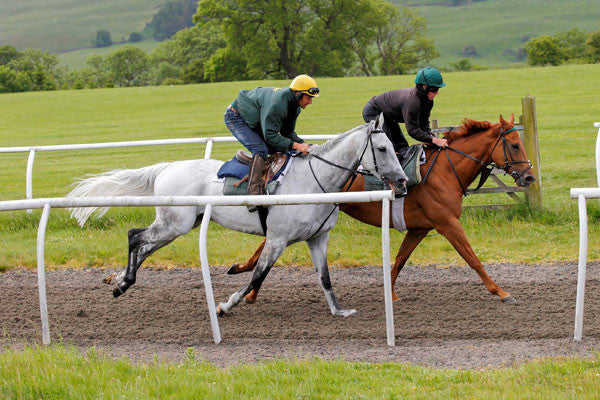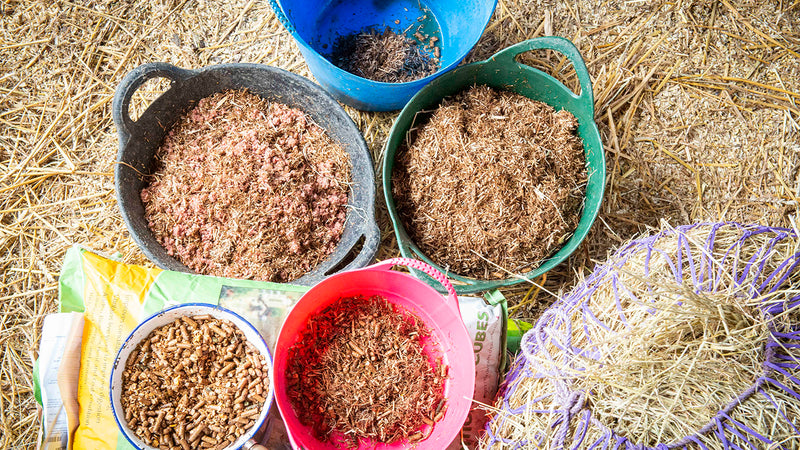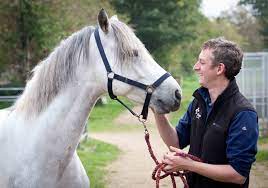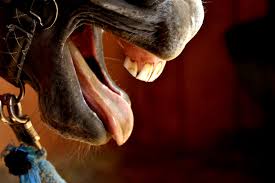-
August 31 2016 – Greg Wood
The Real Cost of Owning a Horse
Courtesy of Equine Guelph channel.
Keep reading -
July 07 2016 – Greg Wood
Feeding Racehorses and Endurance Horses
Racehorses, polo ponies, eventers, jumpers, endurance horses and upper level dressage horses in daily training are considered to be in heavy work. Their total weekly work time may not be any greater than a horse in moderate work, but these disciplines require athletic performance at the highest level and therefore have the highest energy demands. For instance, 90 minutes of...
Keep reading -
May 08 2016 – Greg Wood
What are Splints and how to treat them?
A splint is a strain or tear of the ligaments that bind the splint bone to the cannon bone and usually leads to swelling, inflammation and lameness to the affected leg. Splints are usually caused by direct trauma to the cannon bone area, with the concussive force from working on hard ground, orthopedic developmental disease, or poor shoeing. Overworking young...
Keep reading -
April 23 2016 – Greg Wood
The Equine Gastrointestinal Tract
With Dr. Scott Weese, DVM, DVSc Guelph.
Keep reading -
April 02 2016 – Greg Wood
Equine Thermoregulation
How Do Horses Stay Cool During Work and Exercise? Thermoregulatory mechanisms in the horse are very important during exercise and work. Heat production occurs with the metabolism of fuels for exercise. Thoroughbred racehorses produce enough heat to increase their body temperature 3.25º C to 5.42º C. As in human athletes, the equine athlete’s thermoregulatory system utilizes convection,...
Keep reading -
March 20 2016 – Greg Wood
Bowed Tendons
What it is and How to Heal Them A bowed tendon is the horsemen’s term for tendinitis; meaning strained, inflamed or torn tendon. The injury can be severe and chronic. A damaged tendon that is not properly treated and allowed the necessary time to heal can leave a horse unsound for life. Tendon injuries can occur in any leg,...
Keep reading -
March 16 2016 – Greg Wood
Energy for Equine Performance: ATP in Hemo Charge™
A horse’s performance is dependent on a number of factors, including health, nutrition, and environmental temperature. Energy is defined as the capacity to do work. The amount of energy available for muscular work is the most important factor in a horse’s performance. Athletic performance requires the efficient utilization of large amounts of energy transformed by metabolic pathways from chemical to...
Keep reading -
September 06 2015 – Greg Wood
FEED BEFORE FAST WORK? REALLY?
One of the causes of gastric ulceration is thought to be the acid contents of the lower part of the stomach (the lining of which has evolved to cope with that environment) splashing upwards against the top half, where acid is not supposed to be. In a hay-fed horse the fibre floats like a mat on top of this...
Keep reading -
September 01 2015 – Greg Wood
ARE WORM EGG COUNTS WORTH DOING – YES THEY ARE!
Courtesy of: EqWest Equine Veterinary Clinic,Lamerton, Tavistock,Devon, PL19 8QA
Keep reading -
August 24 2015 – Greg Wood
Avoiding Equine Dental Problems
Routine dental care is essential to keeping your horse healthy By Cynthia McFarland | September 2008 Exclusive Regular dental exams by a trained professional should be part of your horse’s health maintenance program. Young horses need dental care more often than older horses; horses between the age of 2 and 5 should have a dental exam every six months, while...
Keep reading
